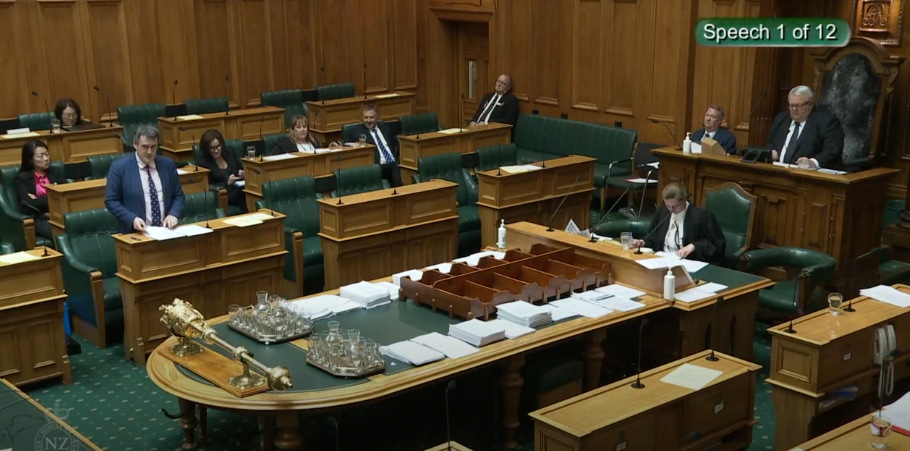Industry leaders are calling for the Government to end the emergency changes to the Residential Tenancies Act.
After over 20 days in a row with no new COVID-19 cases, and no active cases remaining in the country, the Real Estate Institute of New Zealand (REINZ) say the provisions need to end.
On 24 March 2020 the Government announced emergency legislative changes which were designed to protect tenants as the country moved towards Alert Level 4.
“Whilst at the time it was important to protect tenants from rental increases and ensure that people were not left homeless during lockdown, the reality is that the situation in New Zealand has moved on dramatically since the legislation was first implemented,” REINZ Chief Executive Bindi Norwell said.
“With no active cases of COVID-19 in the country and 20 days in a row of no new cases, therefore, we would argue that the emergency legislation has served its purpose and should be ended immediately, or at the latest by 26 June which was the end of the initial 3-month period.”
Tenancy.co.nz legal consultant Scotney Williams agrees, saying that Alert Level 1 has resulted in normal business resuming in almost every other industry.
“Apart from New Zealand’s borders being closed, most other businesses have returned to pre-COVID 19 processes,” Williams said.
“If that is the case, why do landlords still have to operate under restrictions that were introduced for lockdown?”
“Shouldn’t the government in recognising how well New Zealand has done in a health sense, reward our efforts generally by terminating the legislation early?”
Norwell points out a few examples where the legislation is doing more harm than good.
“Additionally, we’ve had examples from our members where tenants are seriously in arrears with rent and unlike landlords have the protections the emergency legislation has provided them, delays in securing a tribunal hearing are only exacerbating the situation” continues Norwell.
“One recent example is a landlord selling their rental property due to financial hardship. The purchaser of the property required vacant settlement; however, the owner has been unable to provide this due to the emergency legislation. Now the owner is having to pay penalties in the region of $20,000 until they can provide a vacant property to the purchaser.
“The mortgage ‘holiday’ scheme does not cover these sorts of issue and the entire process is costing them financially and of course adding to their stress and emotional wellbeing.”
Other examples raised with REINZ from its members include a couple who have lost their jobs as a result of COVID, are unable to afford a rental property and they are now living in accommodation without heating and a shower as they are unable to give their tenants notice to move out of their rental property they own.
Another example has seen landlords living in a caravan with their daughter, as they are unable to move into their own property despite serving their tenants with a 42 notice prior to lockdown or examples where tenants are refusing to pay rent, despite receiving the wage subsidy with the knowledge their tenancy cannot be terminated.
Members are reporting multiple issues around termination and possession orders or mediated orders with a consequential termination clause given by the Tribunal before 26 March 2020 not being enforceable until 15 days after 26 June.
“We appreciate that it may have been difficult for the Government to have foreseen the extent of the negative impact of the emergency legislation on landlords and tenants when the legislation was first implemented, Norwell concludes.
“However, the consequences have now become clear in the past weeks, which is why REINZ is calling on the Government to bring these emergency provisions to an end immediately.”




